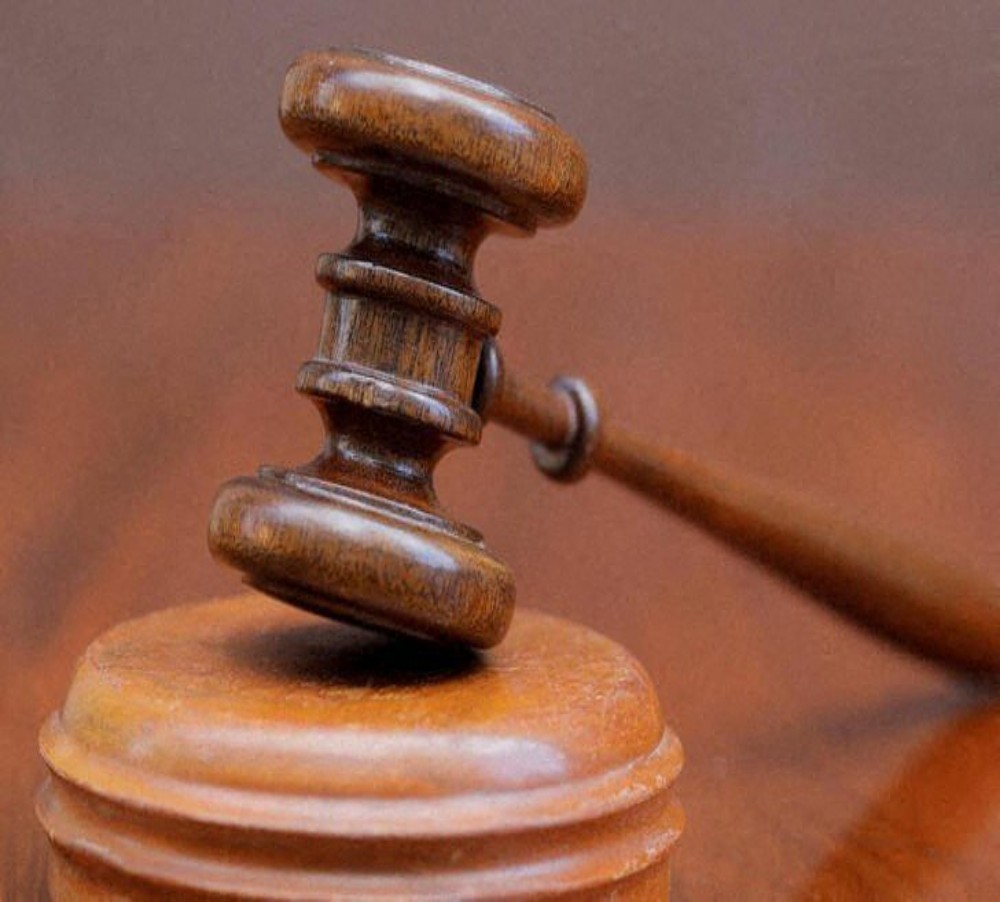
WASHINGTON — The Wisconsin Catholic Conference expressed “deep sadness and incredulity” over a Wisconsin judge’s decision stating that a state law from 1849 interpreted as banning abortions does not actually do so.
In a Dec. 5 ruling, Dane County Circuit Judge Diane Schlipper, said the law in question applied to feticide — when a pregnant woman loses her unborn baby in an attack — not when a pregnant woman determines to end a pregnancy by an abortion.
The judge had given an initial similar ruling on this case in September but issued a final judgment on it in December reaffirming her initial interpretation.
The 1849 statute had gone into effect after the Supreme Court’s ruling in the Dobbs decision which said there was no constitutional right to an abortion. Now the state will return to its pre-Dobbs abortion law that banned abortions after 20 weeks.
The state’s abortion law before Dobbs also required women to undergo an ultrasound before having an abortion, attend a counseling session, and wait 24 hours after the first visit with the abortion provider before having the procedure.
The Wisconsin Catholic Conference, the public policy arm of the state’s bishops, said in a statement that the judge’s decision was “not a step forward, but a real step backward for human rights.” It also mentioned that in 2021 there were 6,579 abortions in the state.
Heather Weininger, Wisconsin Right to Life executive director, called the ruling “truly disappointing for all Wisconsinites.”
Those supporting legalized abortion viewed the judge’s ruling positively, saying it would expand abortion access in the state.
Prior to the Dobbs decision, there were four abortion clinics operating in the state. Three of these clinics are run by Planned Parenthood of Wisconsin, which resumed providing abortions at two of the clinics in September after the judge’s initial ruling, and said it plans to reopen the third as soon as possible based on the judge’s Dec. 5 decision.
The fourth clinic, Affiliated Medical Services in Milwaukee, has not resumed abortions.
The case is expected to make its way to the state Supreme Court.
